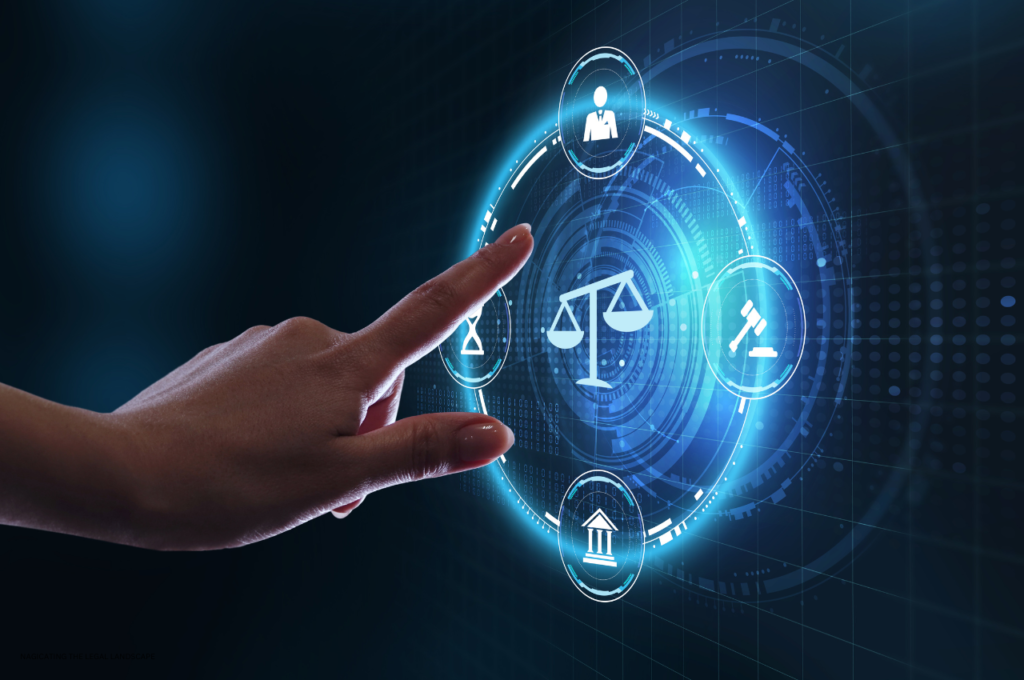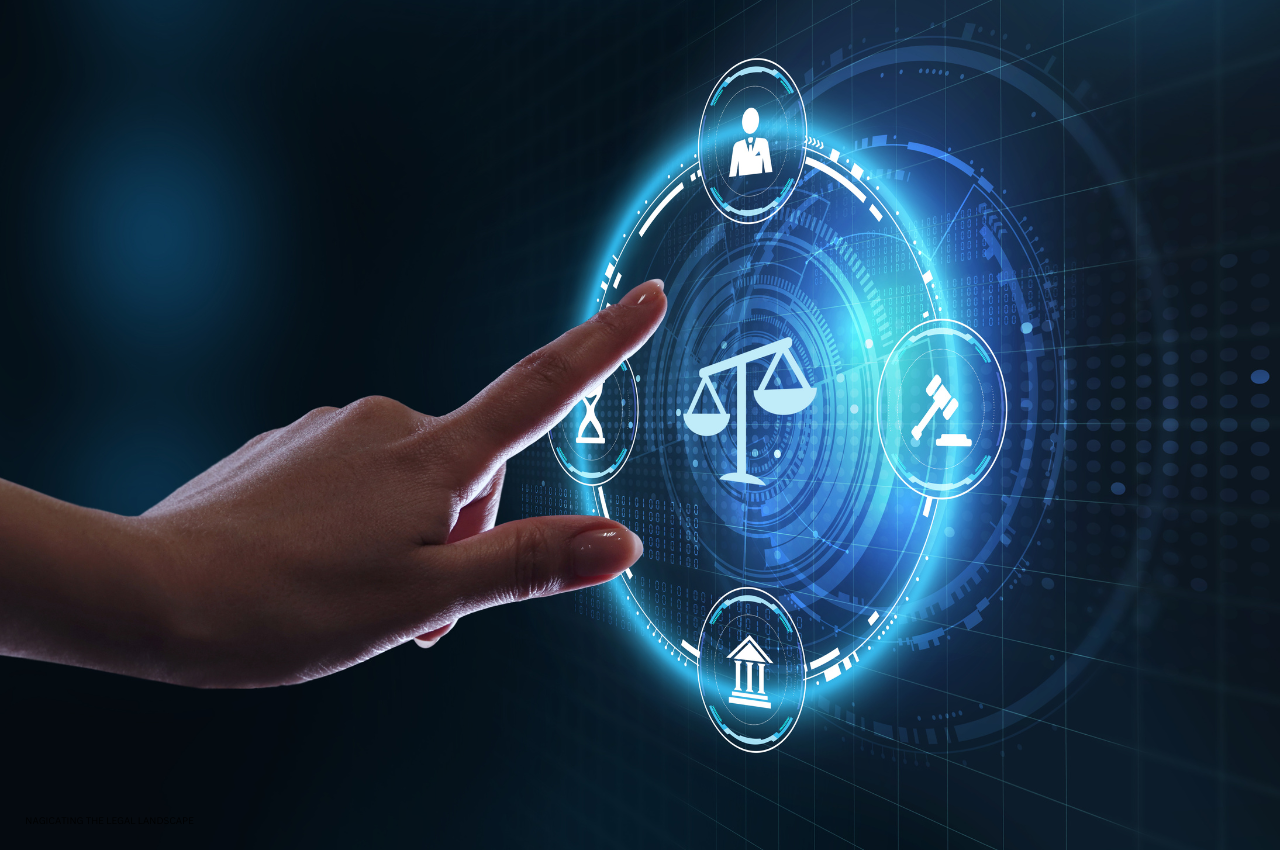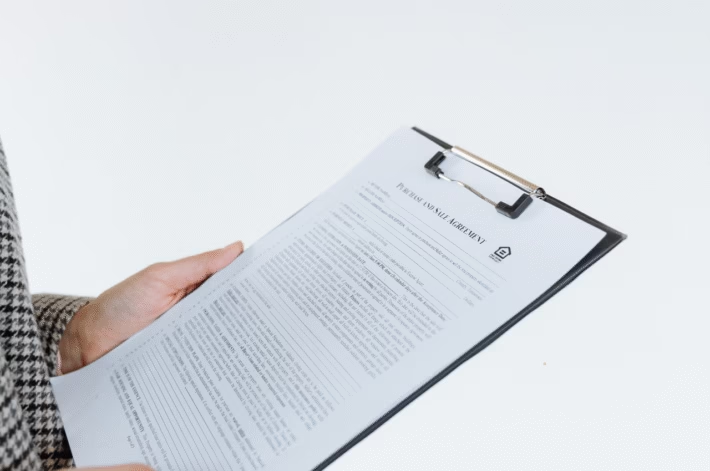Generative AI vs. Copyright: Legal Battle over Un-authorisation

Generative AI vs. Copyright
The rapid advancement of Generative AI has opened up a myriad of opportunities, but it has also ignited debate and legal battles, particularly concerning the use of copyrighted materials for training AI models. High-profile companies like OpenAI, Meta, and GitHub find themselves at the center of lawsuits, grappling with the complex intersection of technology, creativity, and intellectual property laws.
The Core of the Legal Controversy
Generative AI models, such as GPT-3 developed by OpenAI, rely on vast datasets to function effectively. These datasets often consist of text, images, and other media sourced from the internet. The crux of the issue lies in whether these companies have the right to use such materials without explicit permission from the copyright holders.
OpenAI: Pioneers Under Scrutiny
OpenAI, known for its groundbreaking language models, has faced criticism and legal challenges over its data collection methods. Critics argue that OpenAI’s scraping of web content, which may include copyrighted materials, infringes on intellectual property rights. Legal experts and copyright holders are calling for more stringent regulations to ensure that AI development does not come at the expense of creators’ rights.
Meta: The Social Media Giant’s Legal Hurdles
Meta, formerly Facebook, utilizes AI to enhance user experience and content moderation across its platforms. However, its AI training practices have also come under fire for allegedly using copyrighted images and text without proper authorization. Lawsuits against Meta emphasize the need for clearer guidelines and fair compensation models for content creators whose work contributes to AI development.
GitHub Copilot: Collaborative Coding or Copyright Infringement?
GitHub’s Copilot, an AI-powered coding assistant, has sparked controversy within the software development community. Copilot’s training data includes publicly available code from GitHub repositories, some of which is under open-source licenses that require attribution. Developers and legal professionals are debating whether Copilot’s use of this code constitutes fair use or a breach of copyright laws, raising questions about the future of collaborative coding and AI.
Navigating the Legal Landscape

As these lawsuits unfold, the tech industry faces the challenge of balancing innovation with respect for intellectual property. Potential solutions include:
- Licensing Agreements: Establishing clear licensing terms for the use of copyrighted materials in AI training.
- Fair Use Clarification: Providing more precise definitions of what constitutes fair use in the context of AI development.
- Creator Compensation: Developing frameworks to ensure that creators are fairly compensated when their work is used to train AI models.
The Path Forward
The outcomes of these legal battles will set important precedents for the future of AI and copyright law. As OpenAI, Meta, and GitHub navigate these challenges, the broader tech community and policymakers must collaborate to create a balanced approach that fosters innovation while protecting creators’ rights.
In conclusion, the intersection of Generative AI and copyright law is a complex and evolving issue. The ongoing lawsuits against major tech companies highlight the urgent need for clear regulations and ethical practices in AI development. By addressing these challenges head-on, the industry can pave the way for a future where technological advancement and creative rights coexist harmoniously.
As a lawyer specializing in corporate practice, media & entertainment law, and contract drafting, I help businesses navigate legal complexities with clarity and efficiency.


